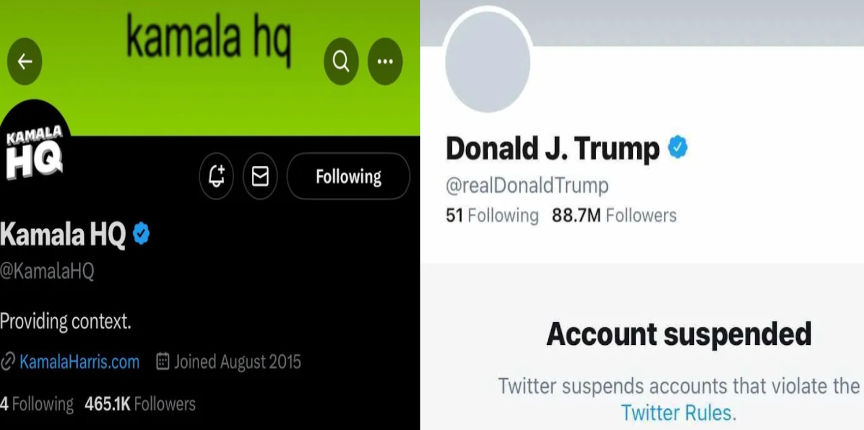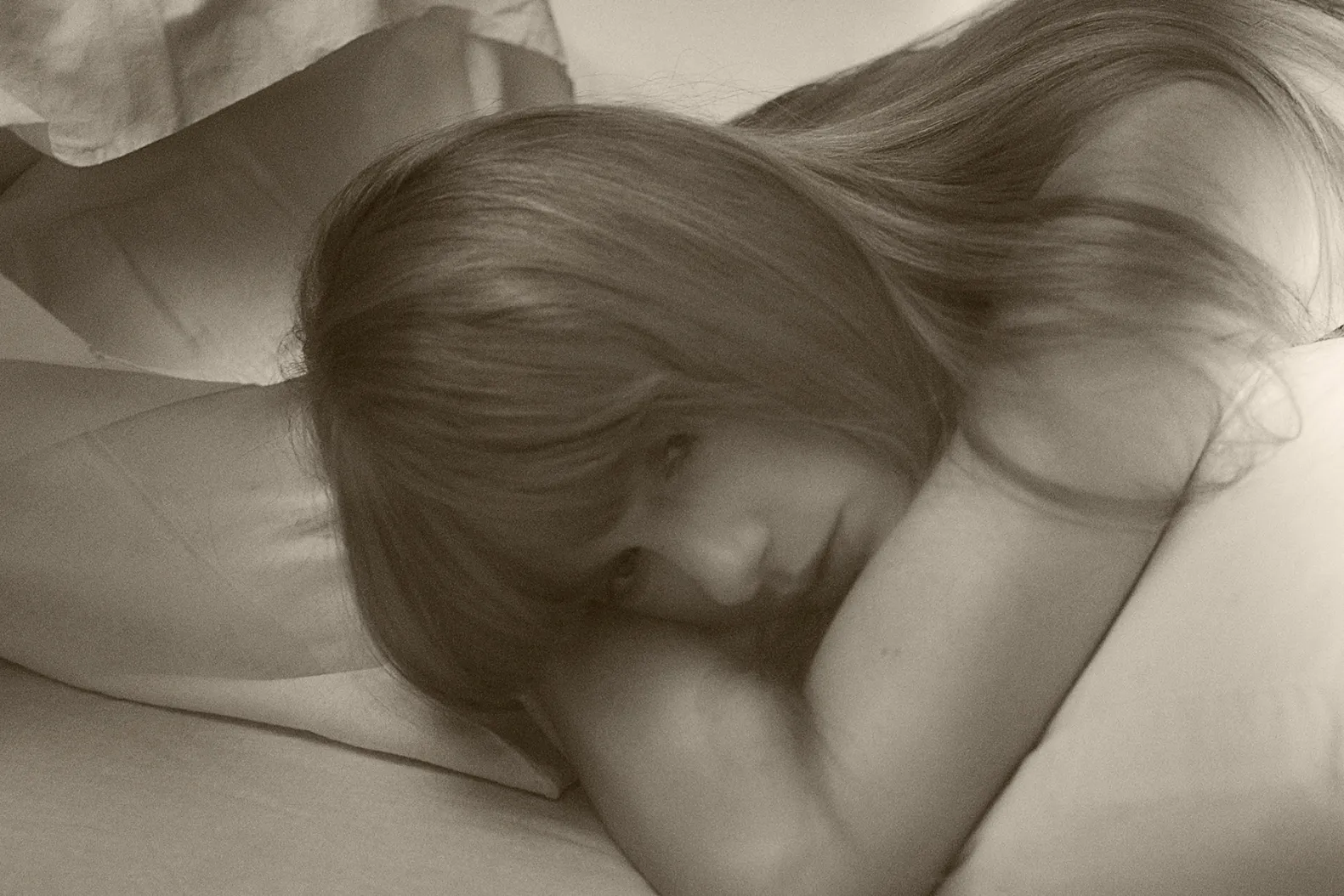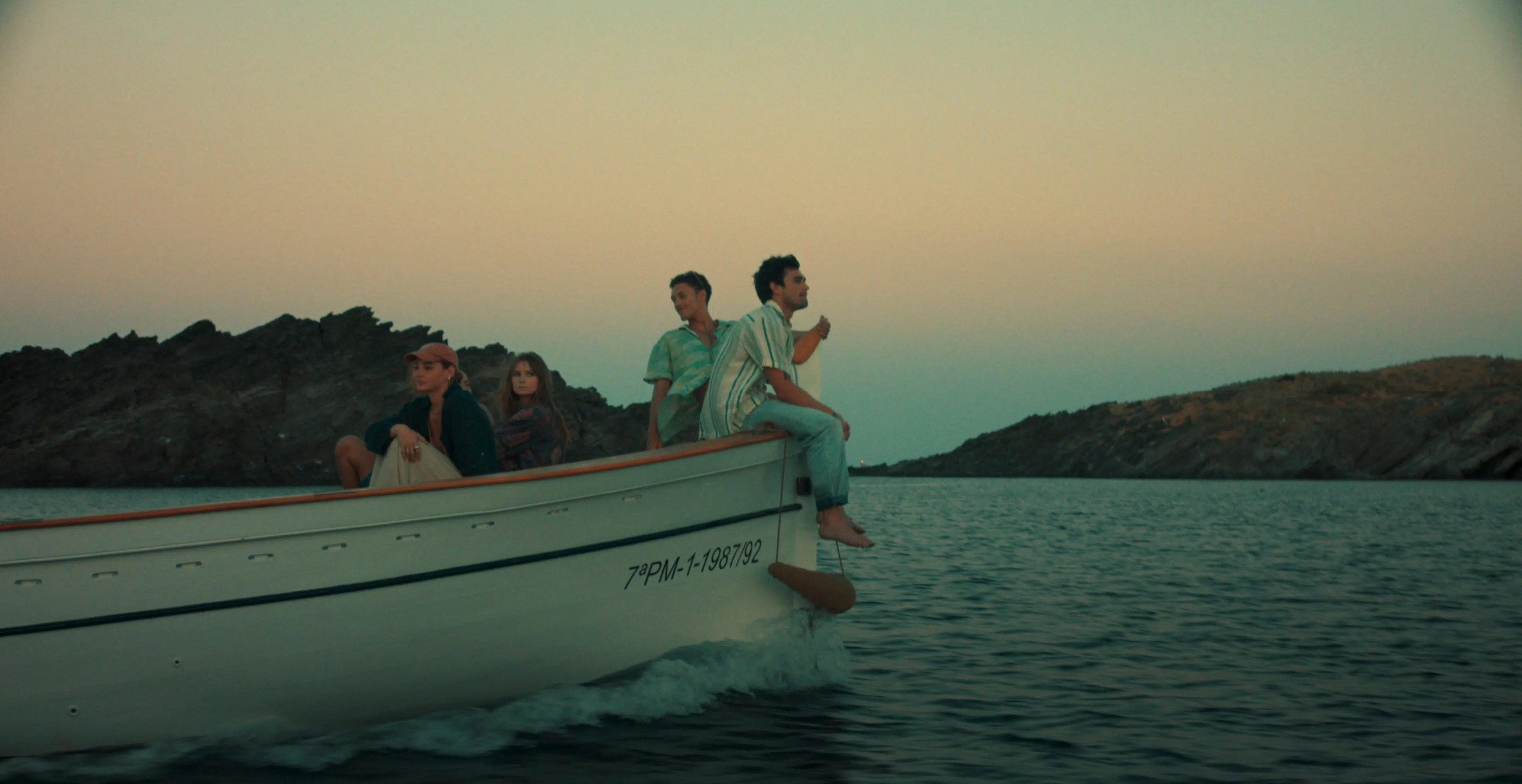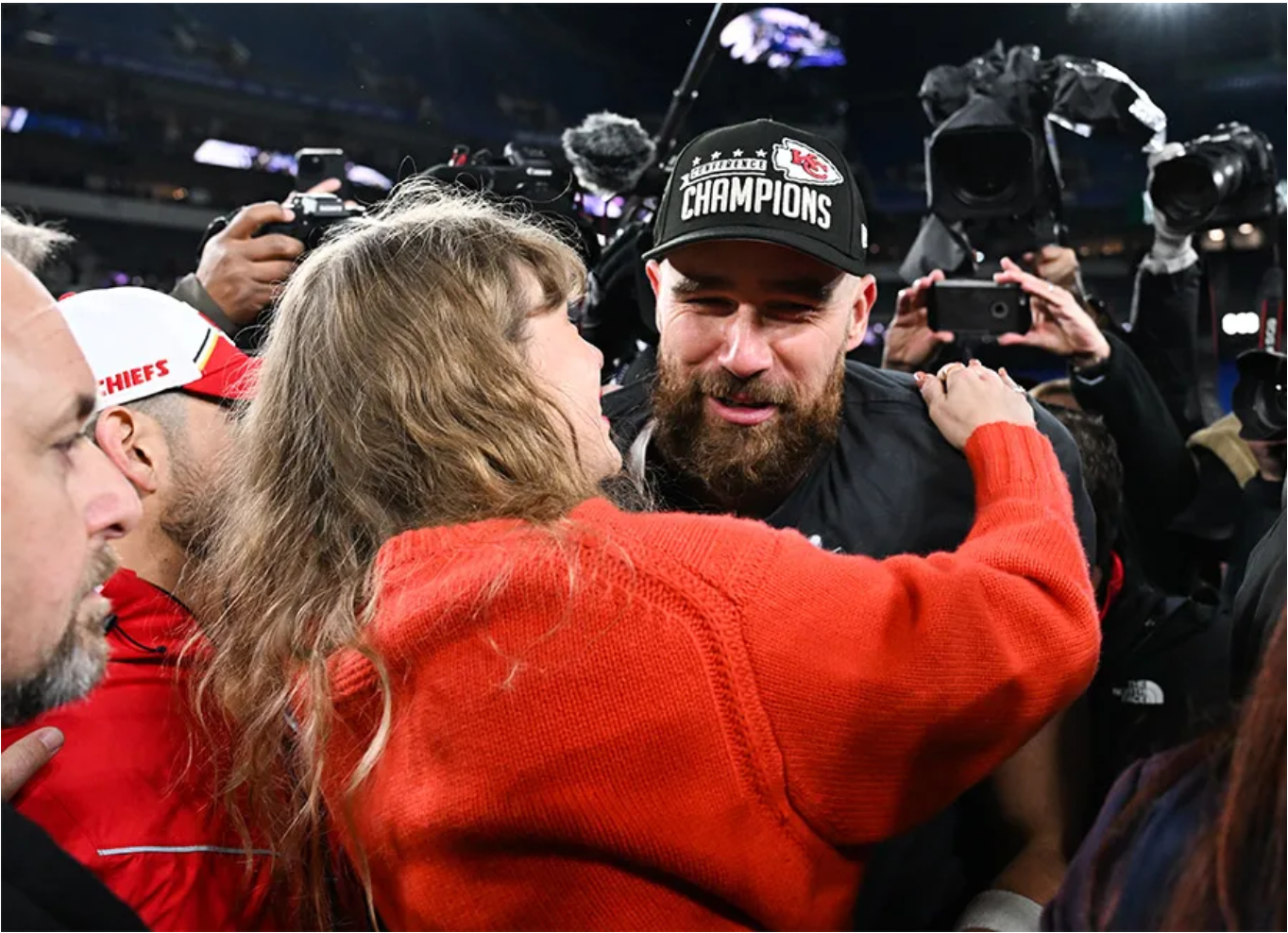A look at how pop culture and music have resonated with young voters in the 2024 election.
Photo Credit: R: KamalaHQ’s X circa July (credit: Reddit) L: Trump’s twitter circa 2021 (credit: Axios)
By C.H. Henry
“Vibe.” In a word, that is what music adds to a presidential campaign. Or, at least, that was the term mentioned by most Penn students I interviewed. The songs of Charlie XCX and Lee Greenwood do not sound very similar, but to the ears of these college students, either genre of music may be the soundtrack of the next four years.
With it being election day, Harris and Trump have pulled out every tactic from the book in order to appeal to a hodgepodge of voting groups. Some are listening for abortion. Others are listening for the border crisis or inflation. On campuses across the U.S., young voters are hearing something a little different.
In rallies, conventions, and social media posts, both Trump and Harris are turning to pop culture and music to mobilize young voters. But which candidate is actually succeeding?
To gain insight on the election’s outreach to young voters, I spoke with various students, asking them about their interactions with campaign music and social media. Their responses shed some light on how pop culture shapes political engagement with today’s young adults.
The “Femininomenon”
“Not even just songs, but I’ve seen like Brat summer edits of her.”
Emily, a senior in the College, shared her impression of Harris’s outreach to young voters.
“Memes are crazy in Kamala’s campaign,” she continued.
Ever since Biden dropped out of the race in July, Harris’s campaign has been quick to latch onto pop culture, and their opportunity to do so came the same day Biden bowed out.
“kamala IS brat”
The above tweet by CharlieXCX gave the Harris campaign a pop culture icon and popular album to associate with. Within the next couple of days, the freshly-renamed Kamala HQ TikTok and X pages began posting memes and content about it.
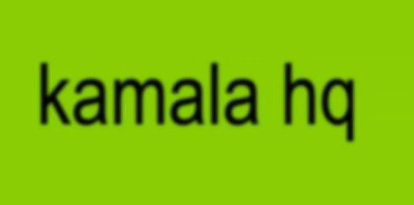
Kamala HQ also seized upon the rise of another pop sensation, Chappell Roan; fans of whom meme-d and labeled the Vice President a “Femininomenon.” Though Chappell Roan refused to endorse the Vice President, Harris has still successfully branded herself as a politician in tune with pop culture, and she has no shortage of endorsements from celebrities to reinforce her image.
With backing from Ariana Grande, Cardi B, John Legend, Lizzo, Cher, and many more, Harris has racked up big names behind her candidacy. Following the debate, the long-awaited (and expected) support from Taylor Swift finally fell into her lap. Swift posted across platforms:
“I’m voting for @kamalaharris because she fights for the rights and causes I believe need a warrior to champion them.”
Does the plethora of celebrity endorsements actually affect youth turnout though? According to Dylan, a senior in the College, celebrities can have a positive impact on election turnout for their fans. Brooke, a junior in the College, agreed with him:
“People like hot people, and when hot male celebrities encourage female voters, they appreciate it.”
Perhaps the biggest boost to Harris’s popularity has been Beyoncé’s support and hit song, “Freedom.” Both Brooke and Emily were quickly able to sing a couple words from the popularized chorus featured in Harris’s ads:
“Freedom, Freedom, I can’t move”
The “American Bad Ass”
The musicians and music tethered to the Trump campaign, however, received much less recognition from the students I interviewed. Brooke, a Michigander herself, remembered one Trump fan who hit close to home.
“Kid Rock definitely. Just Kid Rock as an artist rather than his music.”
Trump’s disagreements with artists like Sinead O’Connor and Queen were more widely remembered than the fact he used their music as his campaign songs. Only Emily could identify Trump’s go-to rally song on the campaign trail, “God Bless the U.S.A.” Luke, a senior in Wharton, simply identified Trump’s campaign music genre as one disassociated from Penn students:
“It’s usually that older white people music.”
However, Luke pointed out that Trump has recently been appearing on podcasts to win over young men like his lengthy appearance on The Joe Rogan Experience. In trying to gain Republican support among a younger generation, the former President has cobbled together a motley team of celebrity supporters like Jason Aldean, Kid Rock, Lil Wayne, Kanye West, and M.I.A.
“God Bless the U.S.A.” seems to be a patriotic, rallying song more familiar to the older generations. In addition to already borrowing Reagan’s slogan, “Let’s Make America Great Again,” Trump has also made use of Reagan’s 1984 reelection anthem. Forty years later, we are hearing the same song, and this time, you can purchase a Bible with the song title engraved on the front of it: God Bless the U.S.A. Bible.
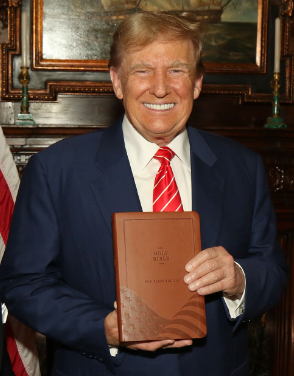
How tuned in is the younger generation?
As I spoke with each of these students, it became clear that the connection between pop culture and politics is not a superficial one. Engagement online and through song impacts young voters’ connection with democracy. Pop culture is a medium for political discourse, albeit a less serious one.
These interviews are not meant to characterize college students as only caring about social media, music, or influencers. Young voters care about the actual issues, but in an era of out-of-touch politicians, empty political promises, and little optimism for the future of the country, it is reassuring to hear our candidates reach out to the next generation.
Encouraging college students to vote does not only come down to caring about the issues that matter. Politicians need to speak our language, not just the usual jargon of Washington.
C.H. Henry is a senior in the College studying political history and politics & policy communications from Nashville, TN. C.H. is the Executive Editor of The Pennsylvania Post. His email is chhen@sas.upenn.edu.

